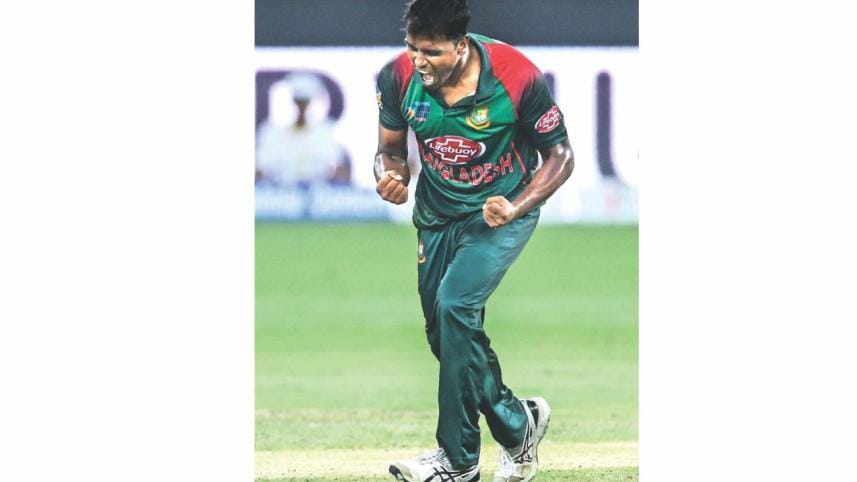Ravenous Rubel

Rubel Hossain is known for blowing hot and cold in a career spanning over a decade. Prone to err in the death overs, the right-arm pacer with a slinging action perhaps bowled his best ten overs in the one-day international against India in the Asia Cup final on Friday. His figures of 10-2-26-2 was a demonstration of how well he bowled in Dubai. He had Ravindra Jadeja caught in the 48th over, which was his last over, to create that window for a late twist in a pulsating final that Bangladesh lost off the last ball of the game.



 For all latest news, follow The Daily Star's Google News channel.
For all latest news, follow The Daily Star's Google News channel.
Comments